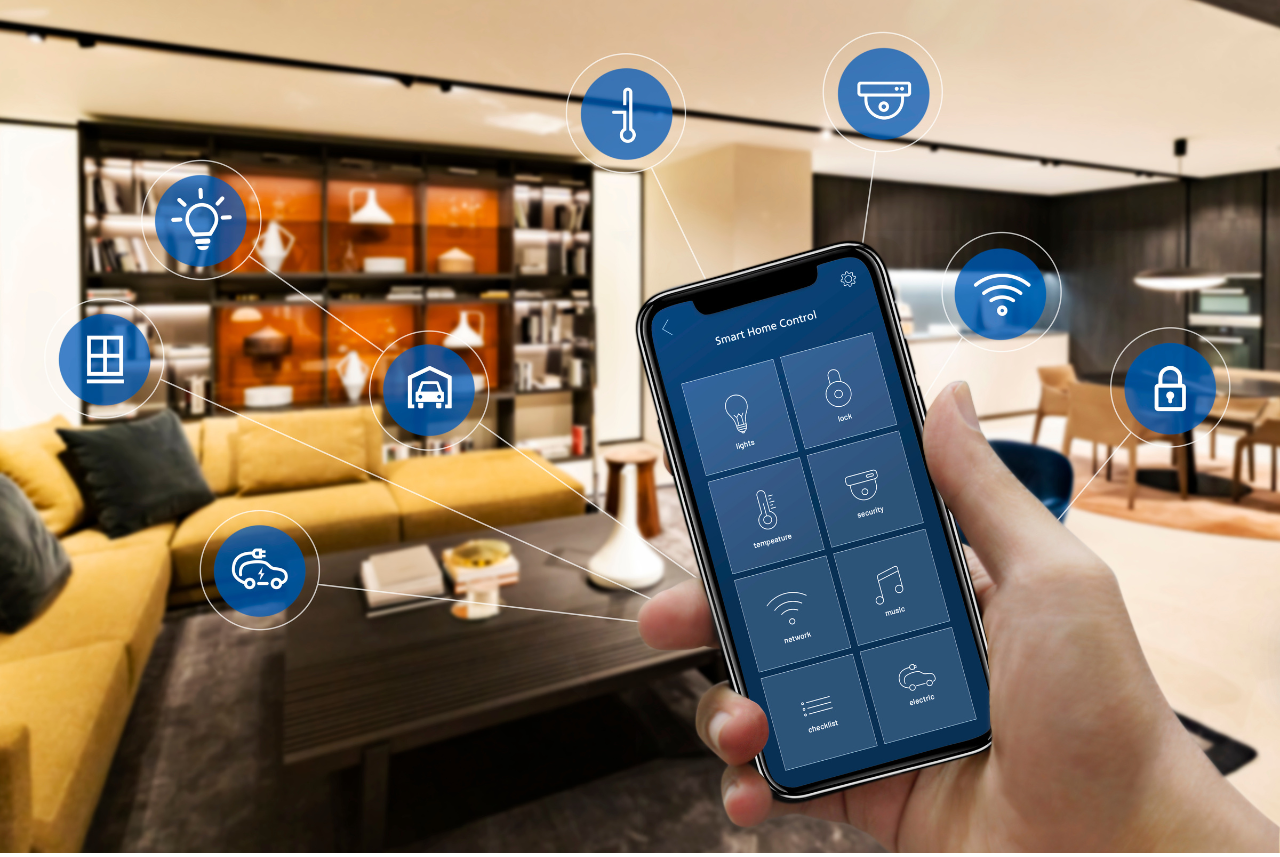
Daylight Sensors for Smart Homes: A Bright Idea?
Share
In today's fast-evolving world of smart home technology, the integration of daylight sensors is rapidly gaining traction among tech enthusiasts and professionals alike. These innovative devices are designed to optimize indoor lighting by utilizing natural sunlight, thereby reducing energy consumption and enhancing the overall ambiance of your living spaces. But what exactly are daylight sensors, and how can they transform your home into a more efficient and sustainable environment?
As the push for eco-friendly solutions becomes more prominent, the role of daylight sensors for smart homes becomes increasingly significant. These sensors are engineered to detect the amount of natural light entering a room and automatically adjust the artificial lighting levels to maintain a comfortable and energy-efficient atmosphere. This not only reduces your carbon footprint but also cuts down on utility bills, making it a smart investment for any tech-savvy homeowner.

How Do Daylight Sensors Work?
At the core of their functionality, daylight sensors utilize a photodetector to measure the intensity of natural light. This data is then processed by a microcontroller, which adjusts the artificial lighting accordingly. By doing so, these sensors ensure that your home is always illuminated appropriately, regardless of the time of day or weather conditions.
Moreover, the integration of daylight sensors with other IoT-controlled lighting systems further enhances their capabilities. This synergy allows for more precise control over lighting conditions, offering a seamless and automated experience that is both convenient and energy-efficient.
Benefits of Using Daylight Sensors in Smart Homes
Energy Efficiency and Cost Savings
One of the most compelling reasons to incorporate daylight sensors into your smart home setup is the potential for significant energy savings. By relying on natural sunlight during the day, these sensors minimize the need for artificial lighting, which can account for a substantial portion of your electricity bill.
In addition to reducing energy consumption, daylight sensors also extend the lifespan of your light bulbs, as they are used less frequently and at lower intensities. This translates to fewer replacements and maintenance costs over time, making it a cost-effective solution for any homeowner.
Enhanced Comfort and Ambiance
Beyond the financial benefits, daylight sensors also contribute to a more comfortable and aesthetically pleasing living environment. By maintaining optimal lighting levels, these devices create a natural and inviting atmosphere that enhances the overall ambiance of your home.
Furthermore, the ability to customize lighting settings according to personal preferences adds an extra layer of convenience. Whether you prefer a bright and vibrant space for working or a cozy and dimly lit room for relaxation, daylight sensors offer the flexibility to cater to your unique needs.
Integration with Other Smart Home Technologies
The beauty of daylight sensors lies in their ability to seamlessly integrate with other smart home components. For instance, when paired with automated lighting systems, these sensors provide a comprehensive and cohesive solution for managing your home's lighting needs.
Additionally, daylight sensors can be connected to smart leak detectors and other IoT devices to create a fully integrated smart home ecosystem. This not only enhances the functionality of each individual device but also improves the overall efficiency and sustainability of your home.
Environmental Impact and Sustainability
As we become more conscious of our environmental impact, the adoption of eco-friendly technologies is crucial in promoting a sustainable future. Daylight sensors play a vital role in this movement by reducing energy consumption and minimizing waste, thus contributing to a greener and more sustainable home.
Moreover, the use of daylight sensors aligns with the broader trend of home automation and the environment, which aims to create smarter and more efficient living spaces. By incorporating these sensors into your smart home setup, you are not only embracing cutting-edge technology but also supporting the global effort to reduce our carbon footprint.
Challenges and Considerations
While the benefits of daylight sensors are undeniable, there are certain challenges and considerations to keep in mind when integrating them into your home. For instance, the initial installation cost can be relatively high, especially for larger homes with multiple rooms.
Additionally, the effectiveness of daylight sensors largely depends on the architectural design and orientation of your home. Homes with limited access to natural sunlight may not experience the same level of energy savings as those with ample sunshine.
Despite these challenges, the long-term benefits of daylight sensors far outweigh the initial costs, making them a worthwhile investment for any tech-savvy homeowner.
Conclusion
As the demand for smart home solutions continues to grow, daylight sensors are emerging as a key player in the quest for energy efficiency and sustainability. By harnessing the power of natural sunlight, these innovative devices offer a practical and cost-effective solution for enhancing the comfort and ambiance of your home.
Whether you are a tech professional or a tech enthusiast, integrating daylight sensors into your smart home setup is a smart move towards a brighter and more sustainable future.

FAQ
What are daylight sensors and how do they work?
Daylight sensors are devices that measure the intensity of natural light and adjust artificial lighting accordingly. They work by using a photodetector and microcontroller to ensure optimal lighting levels in a room.
What are the benefits of using daylight sensors in smart homes?
Daylight sensors offer numerous benefits, including energy efficiency, cost savings, enhanced comfort, and improved ambiance. They also contribute to a more sustainable and eco-friendly home environment.
Can daylight sensors be integrated with other smart home technologies?
Yes, daylight sensors can be seamlessly integrated with other smart home components, such as automated lighting systems and IoT devices, to create a fully integrated smart home ecosystem.
